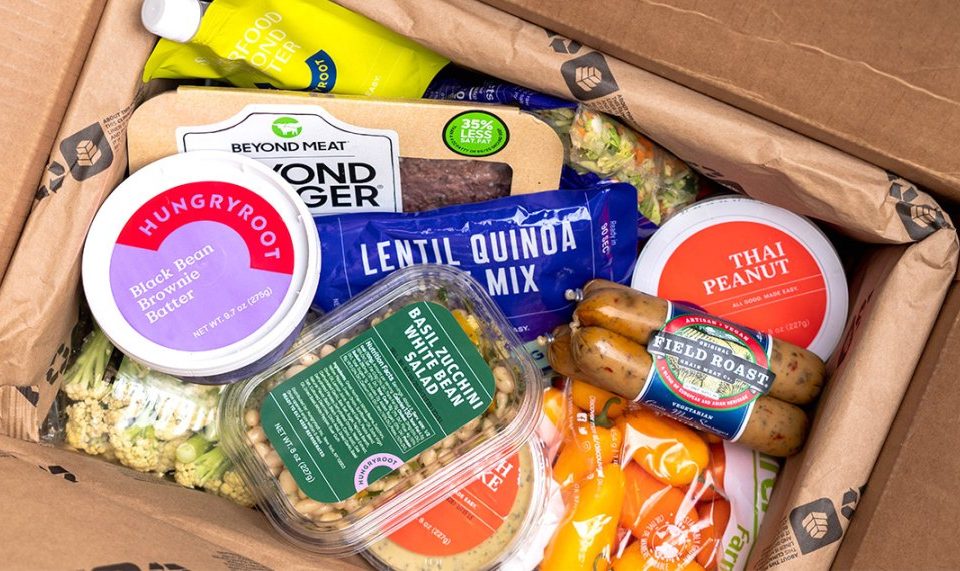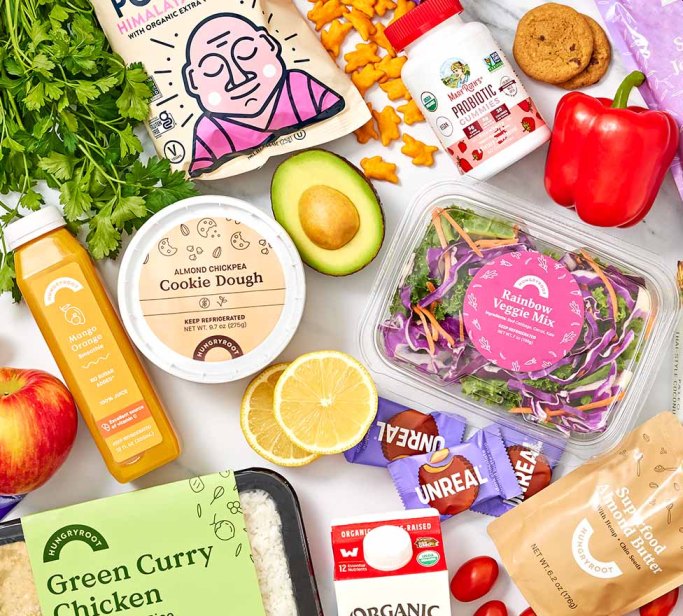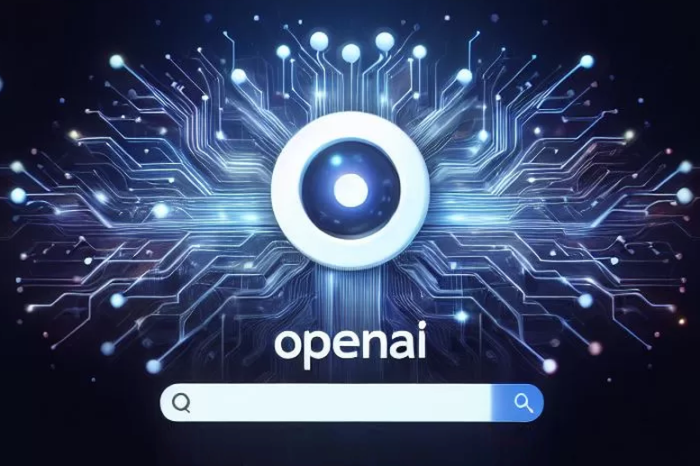New York-based tech startup Hungryroot is using AI to reduce food waste and fight climate change

Food waste is one of the major challenges of our time. As we discussed here, the world wastes about 2.5 billion tons of every year. But if you think that’s bad, consider the United States, we throw away more than nearly 120 billion pounds of food every year. A separate study also found that about half of all the food produced in the United States is thrown away.
The effect of food waste is far and wide, contributing to climate change, and extensive economic, environmental, and societal impacts. Food production accounts for 26% of global greenhouse gas emissions, according to a recent study published in the Science journal. It’s for this reason that New York-based startup Hungryroot is stepping up to the challenge to reduce food waste and fight climate change by delivering precise food portions to consumers, with artificial intelligence technology.
While meal delivery giants like HelloFresh. Blue Apron, and EveryPlate, somewhat reduce food waste by sending their customers specific recipes they need, Hungryroot takes culinary precision to new heights. By harnessing the power of artificial intelligence, the 9-year-old startup curated a unique experience and delivered a precise amount of food needed by the consumer.
Upon entering Hungryroot’s domain, patrons embark on a culinary journey, answering queries about their tastes, allergies, and dietary aspirations. Through this exchange, Hungryroot’s technological prowess discerns the perfect recipes and grocery items for every individual.

In an interview with CNBC, Hungryroot CEO Ben McKean said, “Hungryroot is entirely designed to give you just the foods that you’re going to need for your week. And it gives you simple recipes, so you know exactly what to do with them, and as a result, food waste with our customers is significantly reduced.”
Hungryroot’s weekly cart reveals a meticulously curated selection, allowing users to tailor their culinary adventure. Moreover, the company’s efficiency extends beyond consumer satisfaction; surplus inventory finds purpose through intuitive recommendations.
Such initiatives have slashed food waste by a staggering 80%, setting a new standard in sustainability. Investors hail this innovative approach, recognizing its profitability in an otherwise volatile market.
Jeremy Liew, a partner at Lightspeed Venture Partners said that Hungryroot’s success lies in its ability to forge a connection with consumers. It’s not just about sales; it’s about fostering loyalty.
“They have been profitable for three or four years now, which is unusual for a lot of these e-commerce, food businesses,” said Jeremy Liew, a partner at Lightspeed Venture Partners. “They’ve been able to drive that through efficiency of spend, and because they have built a business that customers really love.”
Backed by a consortium of investors, including L Catterton and Crosslink Capital, Hungryroot has amassed $75 million in funding, solidifying its position as a disruptor in the culinary space.

